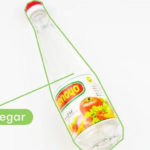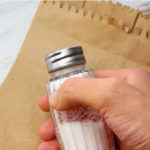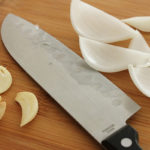Why Do Locks Rust?
Locks are typically made of metal, such as brass, stainless steel, or iron. When exposed to moisture and air for an extended period of time, the keyhole or inner components of the lock can become corroded, resulting in rust.

In some cases, locks installed in outdoor environments can also be affected by high or low temperatures, which can contribute to rust formation.
Rust on locks can make them difficult to unlock, and attempting to force the lock open may result in a broken key or damaged lock.
How to Fix a Rusty Lock
1. Clean the Lock with a Dry Cloth
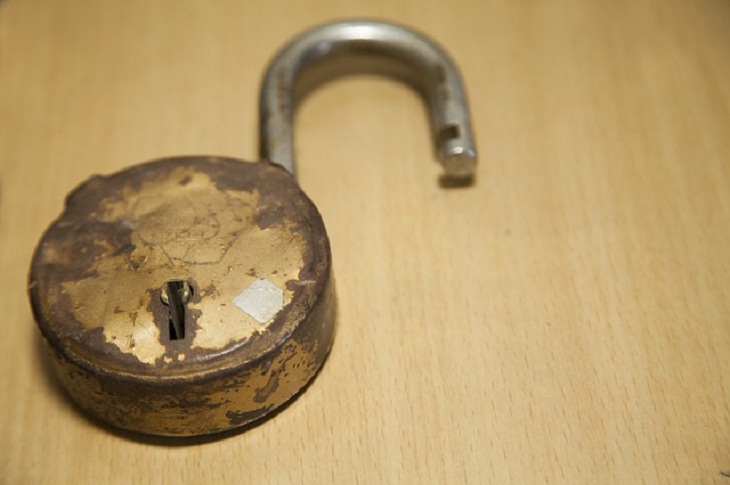
This is a common method used by some people. Apply a small amount of soybean oil, sesame oil, or sewing machine oil to the keyhole, and rub a small amount of oil onto the key. Insert the key into the lock and move it up and down several times to distribute the oil. Then, rotate the key back and forth a few more times. After lubricating the inside of the lock, wipe away any excess oil with a dry cloth. Repeat this process several times to improve the condition of the lock.
2. Use Lubricants

Kerosene, gear oil, grease, or soap cores can be used as lubricants to fix rusty locks. However, avoid using cooking oil as it is not as effective and can attract bacteria and fungus. Dip a small piece of metal in the lubricant and insert it into the lock. Move it in a circular motion to lubricate all parts of the lock. Note that using lubricants can attract dust and cause the lock to wear out more quickly.
3. Use Graphite Powder
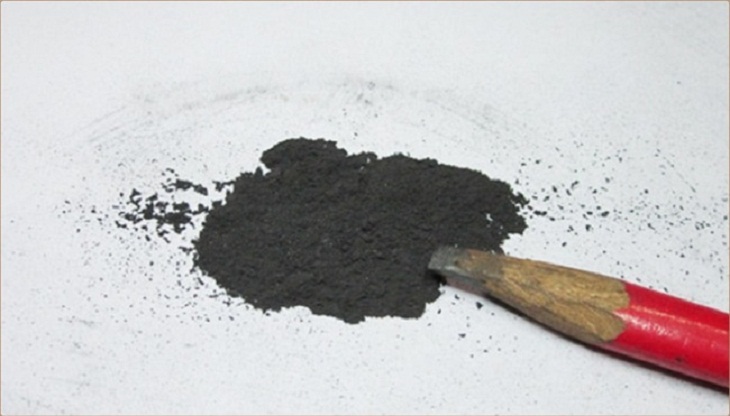
Grind a graphite core into powder and sprinkle it onto the key. Insert the key into the lock to distribute the graphite powder and lubricate the lock.
4. Soak in Rice Water
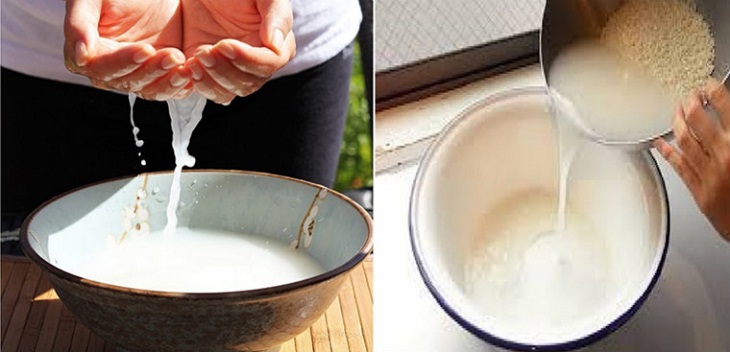
Soaking the lock and key in rice water for 2 hours can help remove rust. Alternatively, carbonated water like Coca-Cola can also be effective.
Methods to Prevent Lock Rust

Here are some methods you can follow to prevent rust on locks:
– Apply a layer of mineral oil, paint, electroplating, or hot plating on the lock’s surface to create a barrier against moisture and air.
– Keep the surface of the lock clean and dry. In wet environments, apply a layer of grease or lubricating oil.
Remember to regularly maintain and clean your locks to prevent rust and ensure smooth operation.
“How to Maintain and Store Knives for Optimal Cleanliness”
The kitchen is home to many useful tools, and knives are one of the most essential. To ensure they remain in good condition and continue to be reliable in the kitchen, special attention should be paid to the cleaning and maintenance of knives. Here, we examine some helpful tips for keeping these vital tools in top shape.
Revolutionary Technique Proves Highly Effective in Treating Rust Spots
Do you struggle to remove tough stains from your kitchen surfaces? If so, you’re not alone. Fortunately, some common household items like western vinegar, rice water, and candle wax can help tackle the problem. Read on to discover tips and tricks for cleaning confusing stains with these everyday items.


























